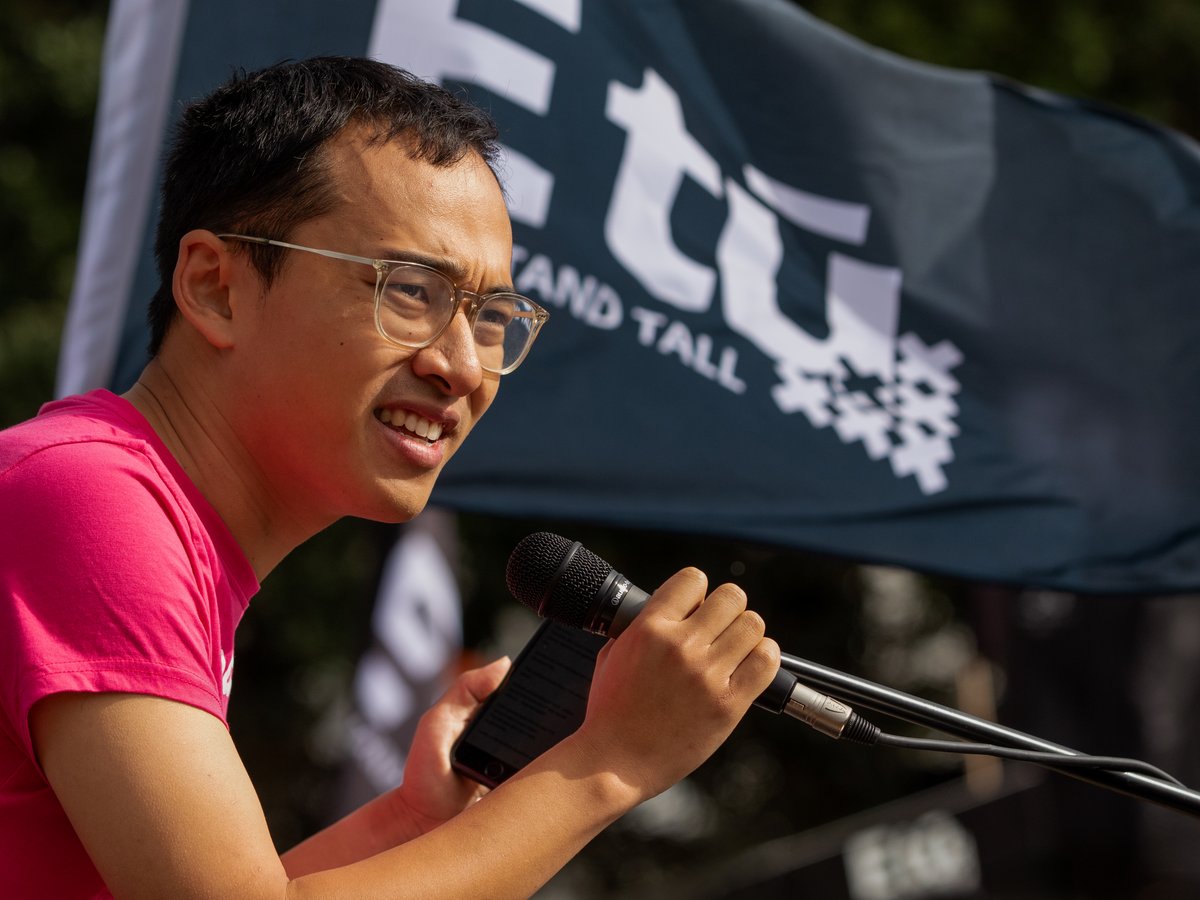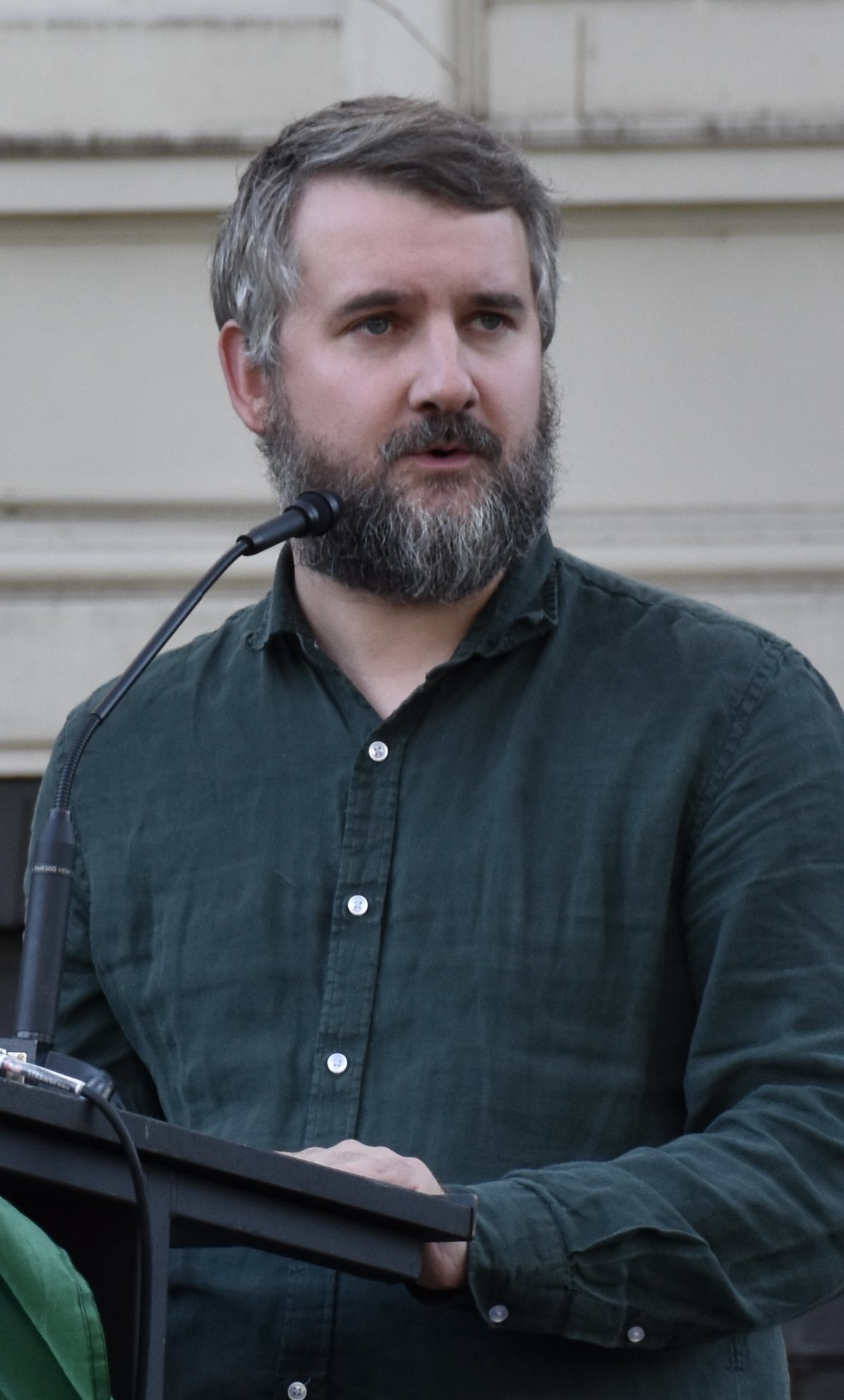Secure Work 2025.
Secure Work Hui - Friday 7 November
An online conference aimed at discussing what actions we should take together to ensure secure work is the norm in the tertiary education sector.
Watch the three panels!
Panel 1
The tertiary education sector has large numbers of workers on hourly paid and fixed term agreements. This precarity doesn’t happen by accident, it is part of the design of the system.
In this session we will discuss where we are and where we should be going with regard secure and decent work for the good of workers, students, institutions, and Aotearoa.
We will unpack the structural drivers of precarity and the key barriers which prevent us from challenging it.
And discuss why tertiary education should be built on secure work.
Panel 2
Insecurity at work does not affect everyone equally. In this panel we will examine the varied impacts of insecure work on different groups of workers from cleaners to researchers, librarians to tutors. And, the impact of insecure work on Māori, Pasifika, ethnic minorities, and other marginalised groups.
We will identify evidence for the unequal impact of precarity on some groups of workers and target solidarity interventions for the most affected groups?
Panel 3
In this session we examine what the TEU and other unions both domestically and internationally are doing about insecure work, and look at what more we can do.
The session will examine:
- Daily collective actions to support those without secure employment
- Industrial and legal actions that can be taken to ensure secure employment
- And the political and campaigning actions which will address the structural problems which lead to mass insecurity
Meet the organising committee
Noel Zeng

It is deeply troubling to see the increasing prevalence of rolling fixed-term contracts and casualised work for academic and non-academic staff alike. Staff who are migrants, people of colour, women, and those who are early career, disproportionately bear the financial and emotional stresses caused by chronic uncertainty of their work. All in the name of "flexibility" and cost-saving for the Government and institutions. It is time to hear from those in our sector most impacted by insecure work, organise and push back.
Tanya Ewertowska

I am a lecturer in employment relations, past hourly paid/fixed term rep for our TEU AUT branch, and have researched young workers' experiences in insecure employment. This conference is an opportunity to continue building a shared kete of tools, including education and community, to combat casualisation in our sector.
Brandon Johnstone

Precarious work, and the sector-wide underfunding it is built upon, corrodes our sense of professional and academic identity and control over our livelihoods.
Today's precarity points toward tomorrow's uncertain learning and teaching conditions - for our students, our workers, and education itself as a public good.
Matt Russell

Kia ora koutou, ko Matt Russell tōku ingoa. I've been working in a university for ten years, and in that time I've seen casualisation and insecurity advance to the point precarity is now, arguably, the defining characteristic of our sector and our mahi. It harms the wellbeing of our members, and it erodes the quality of teaching and research, and it undermines collective action. But, the universality of precarity is also a potentially unifying force and a basis of union strength. We need to organise and amplify the voice of insecure tertiary workers, and that's what this hui aims to do.

